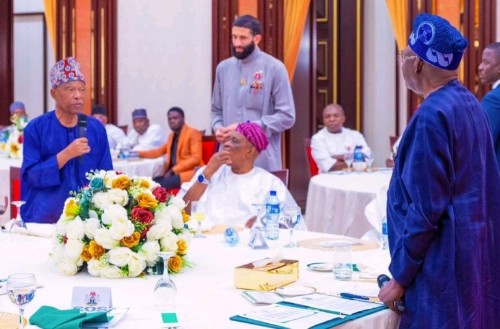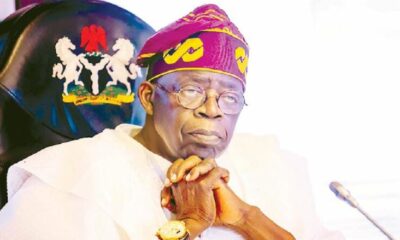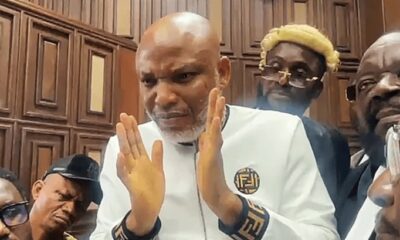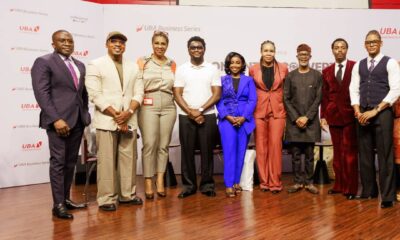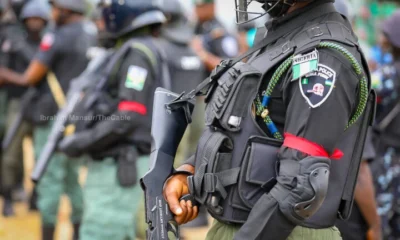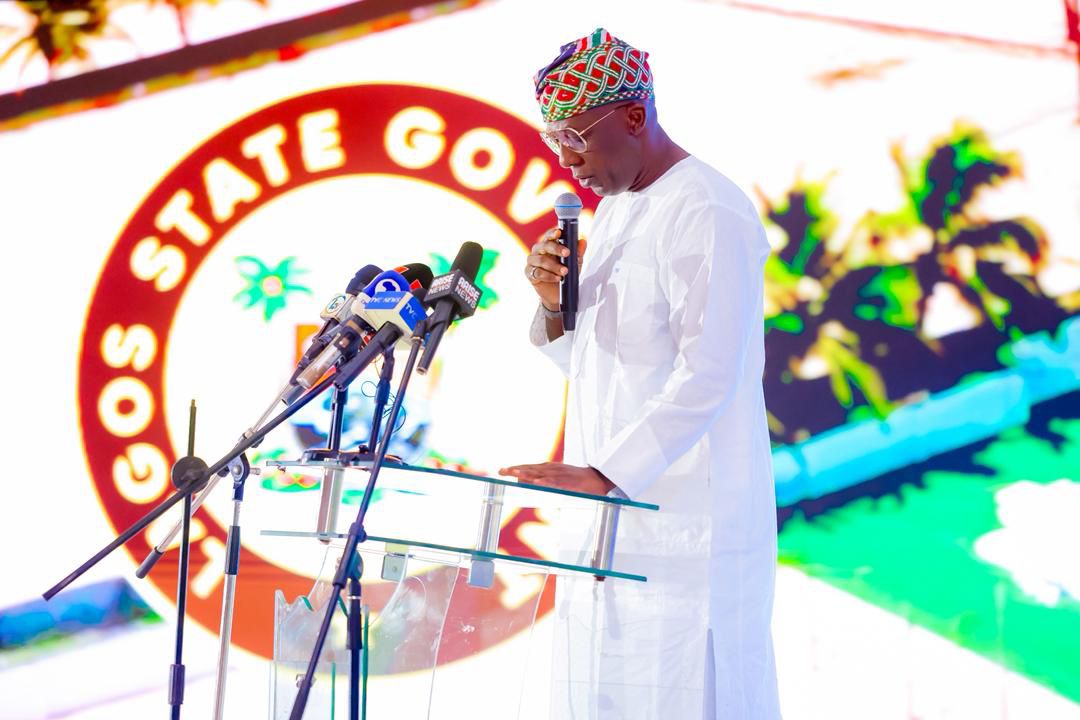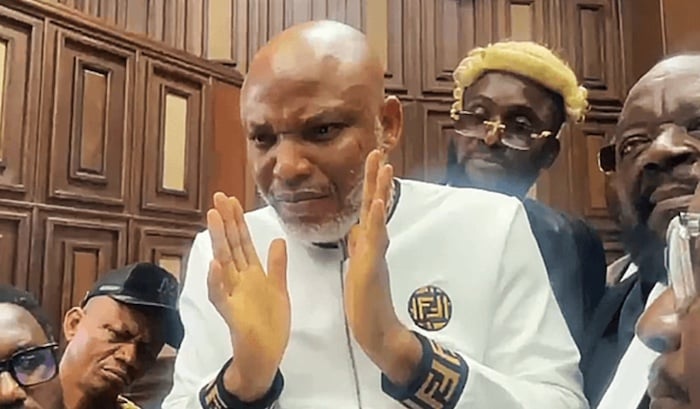- Tokunbo Wahab outline summit task to close the gap between ambition and funding.
The 11th Lagos International Climate Change Summit convened on November 6, 2025, at the Lagos Continental Hotel, drawing delegates from across Africa and beyond. Goodwill messages from the Dutch government, Chinese embassy, UK high commission, and German consulate opened proceedings, signalling the global stakes in what the city plans to do with its 187 kilometres of coastline. These opening salutes were not mere formalities; they signalled a readiness among international partners to back Lagos’s bid to transform its marine frontier from a site of erosion and flood risk into an engine of sustainable growth.
Tokunbo Wahab, Commissioner for the Environment and Water Resources, the man of the moment in his opening remarks, urged participants to see the ocean as a living system requiring careful management, not a resource open to unchecked extraction. Despite repeated floods and erosion, Lagos’s marine waters remain the artery for trade and the livelihood base for thousands of fisherfolk. Wahab said the summit’s task was to close the gap between climate ambition and the capital required to realise it. Concrete steps, he noted, were already in motion.
Day one unfolded with sessions that grounded these high-level pledges in specifics. Representatives from Eko Atlantic City, the audacious reclamation project that has added 10 square kilometres to Lagos’s landmass, shared insights on engineering resilience at scale.
Governor Babajide Sanwo-Olu laid out the central argument on day one. Lagos must convert its blue waters into green wealth through three linked priorities: coastal resilience, ocean innovation, and targeted financing. He described resilience measures already under way, including the Great Wall of Lagos and the Omi Èkó Initiative for cleaner lagoon transport. Innovation, he said, would reconfigure commerce and mobility, from data-driven fisheries to low-emission ferries. Financing would follow, with the state positioning itself as a stable bet for investors seeking both returns and planetary security.
Sanwo-Olu stressed that the summit served two purposes. First, it would strengthen adaptation measures to protect the city and the wider region. Second, it would create a platform where innovators, policymakers, and investors could design business models that preserve the natural balance of the ocean. He presented Lagos as proof that economic growth and decarbonisation can advance in tandem, and he framed the blue economy as a continental lifeline rather than a niche sector.
Dr Dayo Mobereola, Director-General of NIMASA, spoke for the federal Minister for Marine and Blue Economy, Gboyega Oyetola. He confirmed federal reforms to improve maritime governance and environmental standards, with Lagos positioned as the linchpin. The minister pledged continued partnership with state and private actors to secure sea lanes, expand sustainable marine industries, and deliver lasting benefits to coastal communities.
The afternoon of day one ended with the launch of the Lagos State Climate Investment Opportunities Diagnostic (CIOD). Produced with the International Finance Corporation and other partners, the report maps investment-ready projects across four sectors: built environment and energy, transportation, solid waste, and water and wastewater. It aligns with the Lagos Climate Action Plan and the Lagos Climate Adaptation and Resilience Plan, targeting a 25 per cent cut in greenhouse-gas emissions by 2035 against a 2020 baseline.
The CIOD estimates a total requirement of ₦25 trillion, with 81 per cent expected from private sources. Priority projects include grid-scale renewables, rooftop solar on public buildings, light-rail and BRT expansion, waste-to-energy plants, and upgraded wastewater treatment. Enabling instruments range from green bonds and blended finance to public-private partnerships and land-value capture. Recent legislation, such as the Lagos State Electricity Law, gives the state authority over power generation and distribution, clearing a path for large renewable schemes. The report also calls for stronger regulatory frameworks, better climate data systems, and the integration of sustainability into fiscal planning.
A session on climate finance followed, led by a KPMG expert who dissected the mechanics of mobilising capital for blue initiatives. Drawing on the firm’s global advisory work, the speaker outlined blended finance models, mixing public guarantees with private equity, to de-risk investments in ocean renewables and coastal restoration. Lagos’s regulatory reforms, such as the State Electricity Law granting local control over power markets, were praised as enablers for solar and wind scaling.
Biodun Coker, a stock market specialist, took the floor to delve into financing’s front lines, focusing on the nascent Lagos Carbon Registry. In partnership with the Lagos State Environmental Protection Agency (LASEPA), the registry aims to verify and trade emission offsets from urban greening and marine conservation. Coker explained the operational nuts and bolts: blockchain-ledgers for transparent crediting, third-party audits to prevent greenwashing, and incentives for smallholders.
Mr Mosopefolu George, the commissioner for Budget and Planning also gave a keynote that was followed by a panel including Iyin Aboyeji of Future Africa, Bukola Odoe, head of Exploration and Innovation lab UNDP amongst others which was focused on unlocking private capital for Africa’s Blue Economy.
A panel on protecting coastal ecosystems closed the first day. Dr Tunde Ajayi of the Lagos State Environmental Protection Agency, Oluwadamilola Emmanuel (senior special assistant to the governor on blue economy), and other speakers examined policy enforcement and community-led conservation. The Oniru of Iru Land, Oba Abdulwasiu Omogbolahan Lawal, Abisogun the second had earlier delivered a keynote on the same theme, arguing that ecosystem protection must include direct investment in local communities to ensure both conservation and prosperity.
Lagos will be at COP30 not as supplicant, but strategist. Lagos arrives not cap in hand, but blueprint in fist. It’s a city that knows oceans give and take with equal indifference, yet dares to court them anyway. The blue economy, as Wahab and Sanwo-Olu articulated, offers a pathway where Africa’s coasts yield wealth without depletion: $406 billion continent-wide if harnessed right. Yet substance demands scrutiny. The ₦25 trillion ask looms large against naira volatility and investor hesitancy but lagos is charting a course forward regardless.
The Lagos energy is best felt in the goodwill message from the representative of the Osun state governor, who quipped, “We draw strength from our big brother as they surge ahead.”
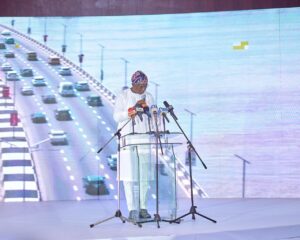
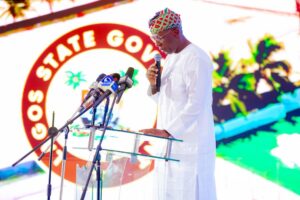

 BIG STORY4 days ago
BIG STORY4 days ago
 BIG STORY3 days ago
BIG STORY3 days ago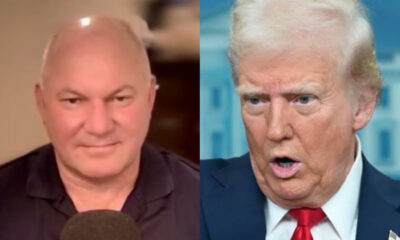
 BIG STORY4 days ago
BIG STORY4 days ago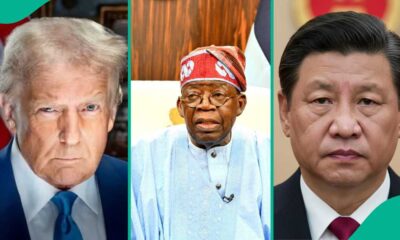
 BIG STORY3 days ago
BIG STORY3 days ago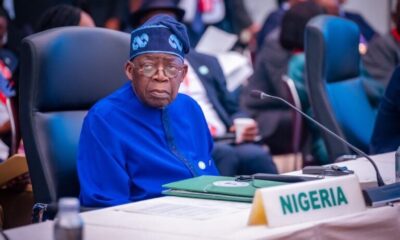
 BIG STORY3 days ago
BIG STORY3 days ago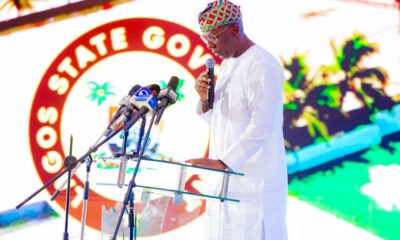
 BIG STORY2 hours ago
BIG STORY2 hours ago
 BIG STORY2 days ago
BIG STORY2 days ago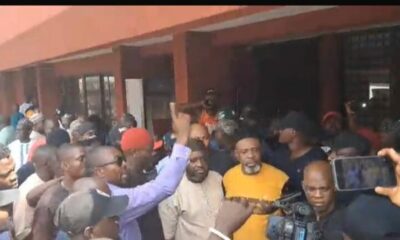
 BIG STORY4 days ago
BIG STORY4 days ago




